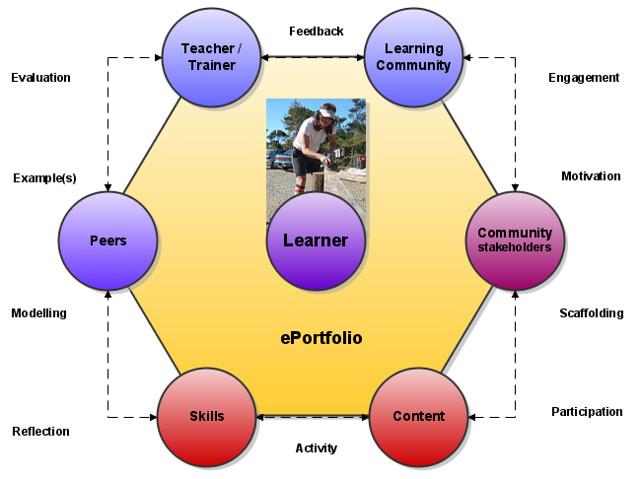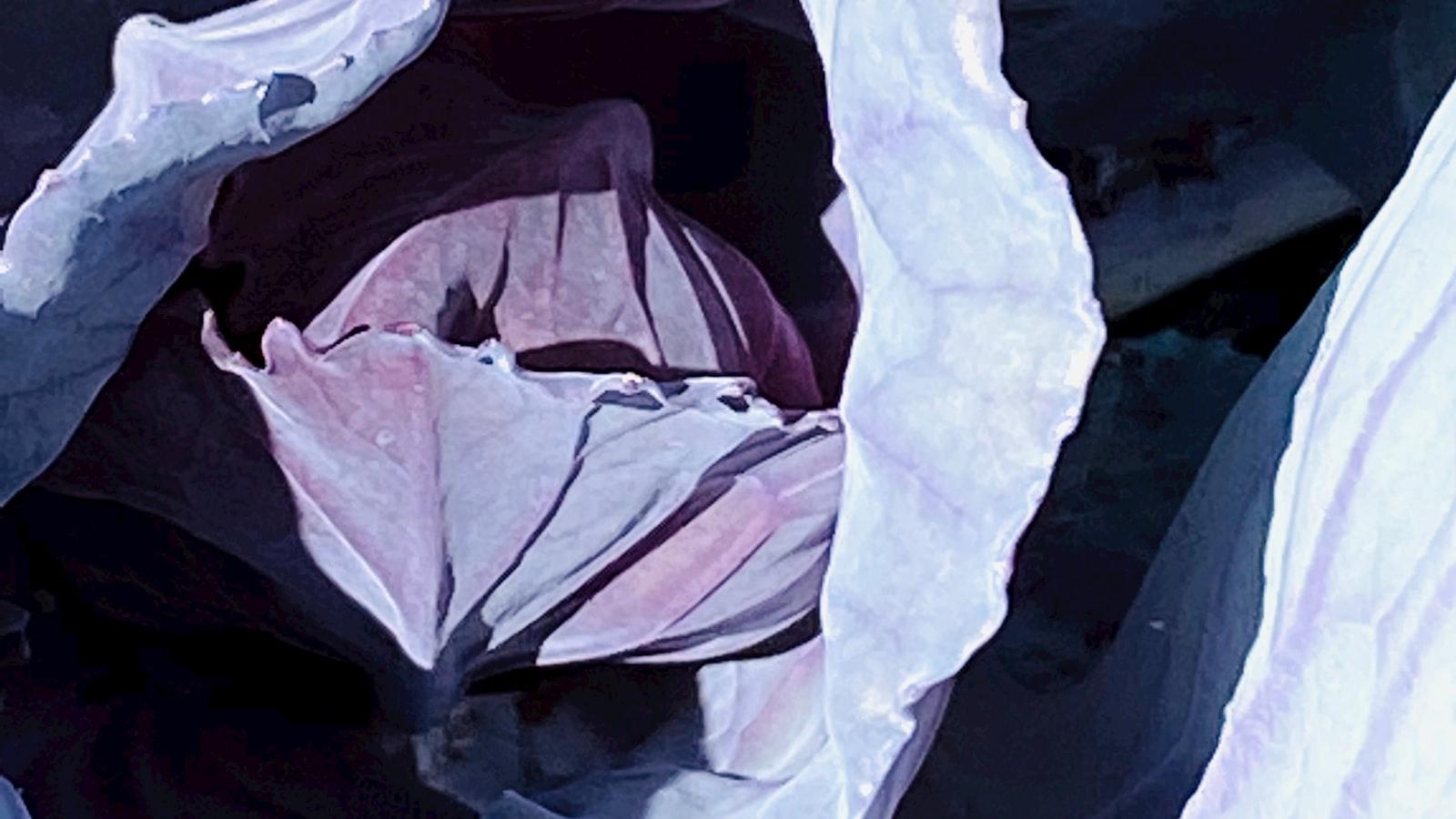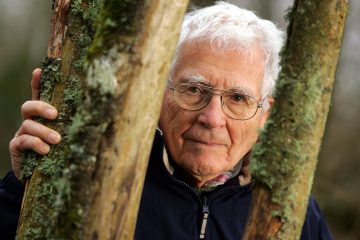Nestled at the intersection of science and philosophy, the concept of Gaia theory pioneered by Dr. James Lovelock has stirred both curiosity and contemplation among scholars and enthusiasts alike. In a world where interconnectedness reigns supreme, the Gaia hypothesis introduces a compelling perspective that views the Earth as a living, self-regulating organism. Let’s embark on a journey to unravel the fascinating insights behind Dr. James Lovelock’s groundbreaking theory of Gaia, a thought-provoking ode to the intricate web of life that envelops our planet.
Table of Contents
- Exploring the Legacy of Dr. James Lovelock and the Gaia Hypothesis
- Unveiling the Scientific Contributions of Dr. James Lovelock to Earth Systems Science
- Understanding the Interconnectedness of Nature Through Dr. James Lovelock’s Gaia Theory
- Implementing Gaia-Inspired Practices for Sustainable Living and Environmental Conservation
- Q&A
- The Conclusion
Exploring the Legacy of Dr. James Lovelock and the Gaia Hypothesis
Delve into the enigmatic world of the Gaia Hypothesis, a concept that revolutionized Earth sciences, thanks to the visionary mind of Dr. James Lovelock. This groundbreaking theory proposes that our planet functions as a self-regulating organism, challenging conventional scientific thinking.
<p>By exploring the interconnectedness between Earth's atmosphere, oceans, and biosphere, Dr. Lovelock's Gaia Hypothesis sparks introspection about humanity's relationship with nature. Embrace the thought-provoking legacy of this theory and ponder the implications it holds for our understanding of the Earth as a living, dynamic system.</p>
Unveiling the Scientific Contributions of Dr. James Lovelock to Earth Systems Science
Dr. James Lovelock, a visionary scientist, revolutionized the field of Earth systems science with his groundbreaking concept of Gaia. His theory proposes that the Earth functions as a self-regulating organism, maintaining conditions suitable for life. Through his extensive research and innovative ideas, Dr. Lovelock has reshaped our understanding of the interactions between the biosphere, atmosphere, oceans, and geosphere.
<p>Key highlights of Dr. Lovelock's contributions to Earth systems science include:</p>
<ul>
<li><strong>Gaia Hypothesis:</strong> Proposing the Earth as a living, self-regulating entity.</li>
<li><strong>Biosphere-Atmosphere Interactions:</strong> Exploring the dynamic relationships between life forms and the atmosphere.</li>
<li><strong>Climate Change Insights:</strong> Offering valuable perspectives on climate dynamics and environmental challenges.</li>
</ul>
Understanding the Interconnectedness of Nature Through Dr. James Lovelock’s Gaia Theory
Dr. James Lovelock’s Gaia Theory presents a captivating perspective on the intricate interconnectedness of nature, highlighting the notion that our planet is a complex, self-regulating system. This groundbreaking theory proposes that the Earth functions as a single organism, with all its living and non-living components working together in harmony to maintain the conditions necessary for life.
Through Gaia Theory, Lovelock challenges us to see the Earth not merely as a collection of separate entities but as a unified and interdependent whole. By recognizing the Earth as a living, breathing entity, we gain a deeper appreciation for the delicate balance of our planet’s ecosystems and the profound impact that human actions can have on this interconnected web of life.

Implementing Gaia-Inspired Practices for Sustainable Living and Environmental Conservation
Embracing the essence of Gaia in our daily lives can lead to profound shifts towards sustainable living and environmental stewardship. By channeling Dr. James Lovelock’s vision of Gaia as a self-regulating entity, individuals can cultivate a deeper connection with the planet and foster practices that prioritize harmony and balance.
<p>Through simple yet impactful actions like **composting**, **reducing plastic usage**, and **supporting local agriculture**, we can align ourselves with the Gaia philosophy and contribute meaningfully to the preservation of our Earth. By honoring the interconnectedness of all living beings and ecosystems, we pave the way for a more regenerative and flourishing world for generations to come.</p>Q&A
**Q: Who is Dr. James Lovelock and what is Gaia theory?**
A: Dr. James Lovelock is a renowned British scientist, environmentalist, and futurist best known for proposing the Gaia theory. Gaia theory suggests that the Earth functions as a single, self-regulating organism that maintains conditions necessary for life. It views the Earth as a complex system where living organisms and their inorganic surroundings interact to form a self-regulating system that helps maintain the planet’s habitability.
Q: How did Dr. Lovelock come up with the idea of Gaia theory?
A: Dr. James Lovelock developed the Gaia theory in the 1960s while working for NASA on methods to detect life on Mars. His research led him to view Earth as a living system due to its ability to regulate temperature, composition, and other factors to sustain life. This unique perspective challenged traditional scientific views and sparked a new way of understanding the Earth and its ecosystems.
Q: What are the key principles of Gaia theory?
A: The core principles of Gaia theory include the concepts of homeostasis, feedback loops, and adaptation. The Earth is seen as a self-regulating system that keeps environmental conditions stable through various mechanisms. It emphasizes the interconnectedness of all living and non-living components on Earth and how they work together to maintain a balanced and harmonious environment.
Q: What implications does Gaia theory have for environmental science and sustainability?
A: Gaia theory has significant implications for environmental science and sustainability as it highlights the interconnectedness of all life forms and their impact on the planet. By understanding Earth as a self-regulating system, scientists and policymakers can develop more holistic approaches to environmental issues such as climate change, biodiversity loss, and ecosystem degradation. Embracing Gaia theory can lead to more sustainable practices that respect the delicate balance of nature.
Q: How has Gaia theory influenced the field of ecology and environmental activism?
A: Gaia theory has had a profound impact on the field of ecology and environmental activism by promoting a more holistic and interconnected view of nature. It has inspired a greater appreciation for the Earth as a living organism and the importance of preserving its delicate balance. Environmental activists often draw upon the principles of Gaia theory to advocate for policies and practices that promote sustainability, conservation, and respect for all forms of life on Earth.
The Conclusion
As we conclude our journey into the realm of Dr. James Lovelock’s Gaia hypothesis, we are left with a profound appreciation for the intricate interconnectedness of our planet. The concept of Earth as a living, self-regulating organism challenges us to reevaluate our relationship with the environment and inspires us to strive for a more harmonious coexistence with nature. Dr. Lovelock’s visionary ideas continue to provoke thought and spark discussions on the delicate balance that sustains life on Earth. Let us embark on our individual paths with a renewed sense of wonder and responsibility towards the magnificent Gaia, our shared home in the cosmos.



0 Comments